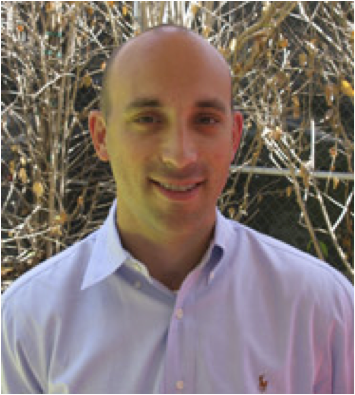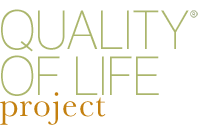
Recently I had the opportunity to interview Jonathan Greenblatt, co-founder of Ethos Water. Hugely successful entrepreneur, activist and social entrepreneurship professor (UCLA Anderson school). Jonathan has always been an independent minded person. While at Ethos, Jonathan donated 50% of the firm’s profits to non-profits providing clean water in developing countries.
He’s as driven as they come and as down-to-earth as they come. In fact, he still slogs around LA in his old, beat up Nissan Sentra. It’s a great vehicle but I think he also values the sentimental value; the days when he delivered Ethos Water out of his car. It was a great conversation and at one point we talked about ego and its interplay with the quality of life issue. This is what Jonathan shared with me:
It seems from my interviews that not being hamstrung by ego allows people to get more results professionally and to have richer experiences in life overall. How do you relate to this?
I think everyone has an ego, but it is important to try and stay grounded. I think it was helpful that, well before I entered the white-collar workforce, I had a series of what might be described as “character-building” work experiences. In college, I worked one winter at an automotive parts warehouse where I used to haul 55-gallon drums of antifreeze onto trucks on the night shift. When I worked for the US government and as a social entrepreneur, I visited countries suffering from poverty and challenges that dwarf our problems in the US. When a person sees how billions of people around the world live ““ often without paved roads, without electricity, and without running water ““ it is a life-changing experience. I think that all these learnings have helped me seek out opportunities without worrying about what others might think.
It was an interesting take on a few levels.
1. From a character perspective, it’s clear how these work experiences shaped Jonathan’s character in a positive way. Doing the hard work. Gaining rich perspective of how the rest of the world lives and works. Basically negating the possibility that he’ll ever be a prima donna. That’s huge in terms of his enjoying the world around him.
2. From an entrepreneurship and opportunity actualization perspective, it is clear that learning to tame your ego and not caring what others think is essential ingredient to maximizing quality of life. There is no way to be a successful entrepreneur without at various points doing things that mainstream might consider different, odd, beneath them etc. To be successful personally and professionally is to be results oriented. And to be results oriented is to take paths and do things and ask questions that others may consider out of the mainstream, odd or even naïve.
[I should add that with so many things there seems to be a dualistic nature to ego. That it takes some ego to take on large challenges; yet it can be tapped into while maintaining perspective.]
These are just a few things I learned from my conversation with Jonathan.
What’s your take on this issue of ego as it relates to quality of life? I would enjoy hearing your thoughts and responding back to you.
